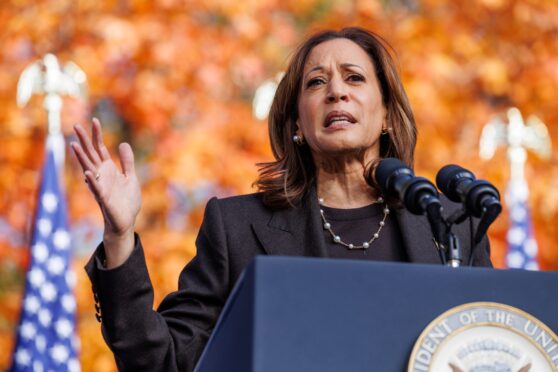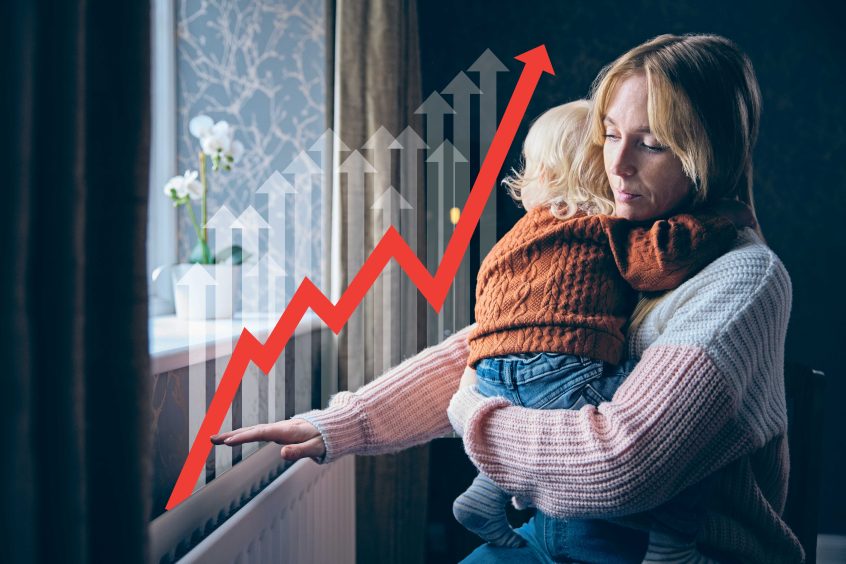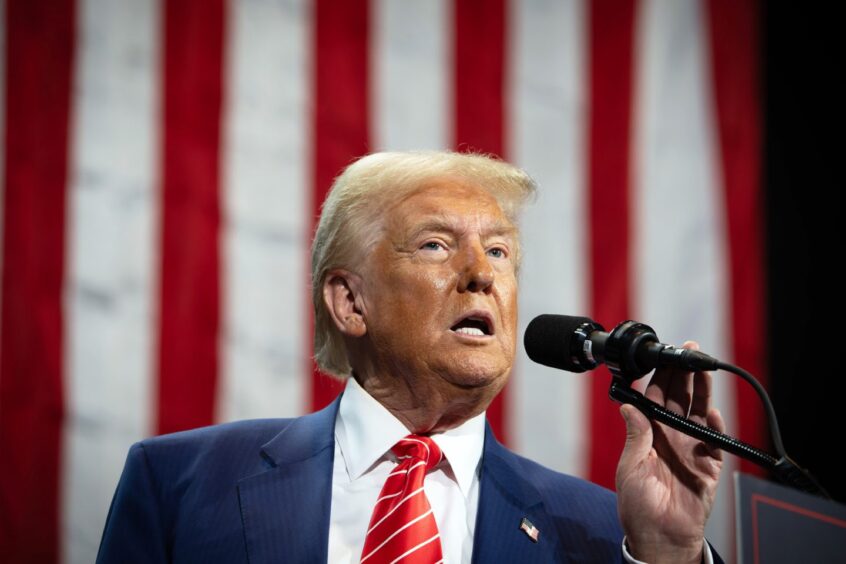
The worst of America’s post-pandemic inflation may appear to be in the rear view mirror but as voters begin sending in their postal ballots, anger over sky-high prices could be the issue that decides the outcome of the presidential election.
According to leading pollsters, the cost of living has become the single biggest subject cited as a concern by voters.
That could pose a big problem for Democratic vice president Kamala Harris, who could be punished over Joe Biden’s economic policies despite inflation actually falling to 2.4% in the government’s latest figures – a significant drop from 9.1% in June 2022.
While the US has an economy that is performing well in comparison to many European countries, consistent chatter around a possible recession and anger over stubbornly high prices has led to what has been called a “vibecession”.
Commentators describe it as the general feeling among the public that the economy is much worse than it actually is.
Dr Christopher Phelps, an expert in US politics at Nottingham University, said voters consistently put the economy and immigration at the top of their list of concerns – despite the situation appearing to be on the up.
He said: “From the point of view of average households, their prices spiked and the rate of inflation might be moderating down to normal but that price increase families had for a couple of years after Covid and the stimulus spending to make sure the economy didn’t collapse, that remains.
“There’s still the sticker shock and there’s still the stress on the household budget and it’s a serious issue.”
Pennsylvania key to victory
For Harris, the route to the White House will almost certainly require a win in the key swing state of Pennsylvania – a place where the cost of living has been a paramount concern.
It has the largest number of electoral college delegates of any swing state, sending 19 electors. Pennsylvania has voted against the overall national result just 10 times in its history, picking winners in 83% of elections.
Donald Trump is currently predicted to win the state by around 55,000 votes.
Polling in late September found 46% of voters in Pennsylvania thought Harris would be a better choice to manage the economy, while 52% thought Trump would fair better.
However, that assumption may not be based on reality.

Research from the independent Committee for a Responsible Federal Budget found Harris’ plans would add around $3.5 trillion to the federal debt, while Trump’s plans would add $7.5 trillion.
There has long been an assumption in US politics that Republicans do better in times when the public is concerned about the nation’s finances.
Dr Phelps believes Trump’s own personal wealth may also play a factor in Pennsylvanians backing him over Harris.
He said: “The thing about having a billionaire running is that whereas in some countries that might be seen as a class provocation or something that might bring out some opposition in the working class, in the United States, the working class aspires to be rich and admires that they must have done something to deserve the wealth.
“They hope then that wealth will generate prosperity for the whole if he’s in charge because the thinking is that he must know what he’s doing.
“So I think that as long as the issue is the economy it probably is to the Republican’s advantage.
“Harris will need to have plausible answers on that but it’s not her most favourable issue.”
Can Harris turn things around?
Turning around public opinion will be tough, with a recent poll by Redfield & Wilton Strategies finding 37% of Pennsylvania voters believe Joe Biden’s policies, which Harris supported as his deputy, are the main cause for the rise in prices.
Meanwhile, almost half said they do not believe prices would have risen as much if Trump was president.
However, voters also said they blamed “price gouging” by corporations for high prices, which Harris has vowed to ban in federal law if she wins power.
Harris will also look to exploit Trump’s relatively poor record on protecting manufacturing and coal mining jobs in what is a largely industrial state.
Another contentious issue is the tariffs Trump has promised to introduce if he wins – something that could also have difficult consequences for the economy.
Polling shows Harris performs better on matters such as abortion, democracy and reproductive rights but these are not the issues US voters tell pollsters they care most about.
If Harris wants to win on November 5, she will need to convince the country she has the answers to avoid a recession and finally bring down prices.

Enjoy the convenience of having The Sunday Post delivered as a digital ePaper straight to your smartphone, tablet or computer.
Subscribe for only £5.49 a month and enjoy all the benefits of the printed paper as a digital replica.
Subscribe © Shutterstock Feed
© Shutterstock Feed